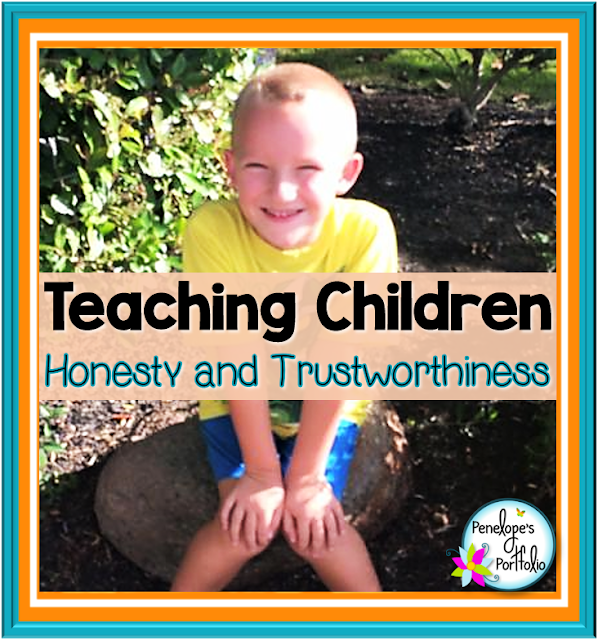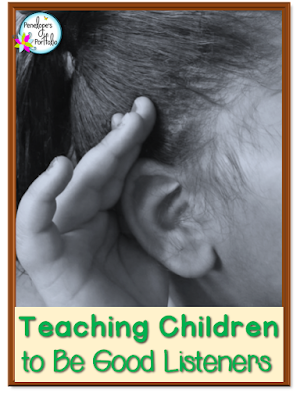This is the story of a silver lining that developed out of a somewhat hard transition in life.
My Kids' Silver Lining
This is the story of a silver lining that developed out of a somewhat hard transition in life.
6 Postive Ways to Teach Honesty and Trustworthiness
Honesty is defined as being trustworthy, sincere and credible. Let's not forget being genuine, for that's important too. Trustworthiness is defined as being dependable, reliable, and deserving of trust. I might add being consistent in there somewhere as well. It would seem to me that honesty and trustworthiness are intertwined and complement each other well.
Have you ever had an experience dealing with someone who was extremely dishonest?
6 Ideas for Teaching Good Citizenship
The idea of being a good citizen is powerful to kids. I remember being in first grade, and receiving a "good citizenship" award. After receiving this award in front of everyone at a school assembly, all
7 Steps to Teaching Good Sportsmanship
 Kids love to have fun and play, and most kids love sports! Adults love playing and watching sports too. Go to any school during recess time, and you will find many children engaged in some sort of sport. Go to any sports bar, during playoffs, and you will find lively entertainment. It's clear people of all ages love sports!
Kids love to have fun and play, and most kids love sports! Adults love playing and watching sports too. Go to any school during recess time, and you will find many children engaged in some sort of sport. Go to any sports bar, during playoffs, and you will find lively entertainment. It's clear people of all ages love sports! Sports aren't just fun to play and watch. They are also healthy and team building too. But what happens when good sportsmanship turns into bad sportsmanship, and tears, yells, and unhappy
Tips for Teaching Listening Skills to Children
Building listening skills is very important for children and adults.
After-all, who doesn't want to be heard? When we are heard, we may feel
validated, connected to others, and understood. When we are ignored,
we may feel forgotten, frustrated, or angry. So the simple solution
would be to listen to others, and act accordingly. But that may be
easier said than done. For being a good listener doesn't always come
naturally to everyone. So what gets in the way of practicing good
listening skills?
Subscribe to:
Posts (Atom)




